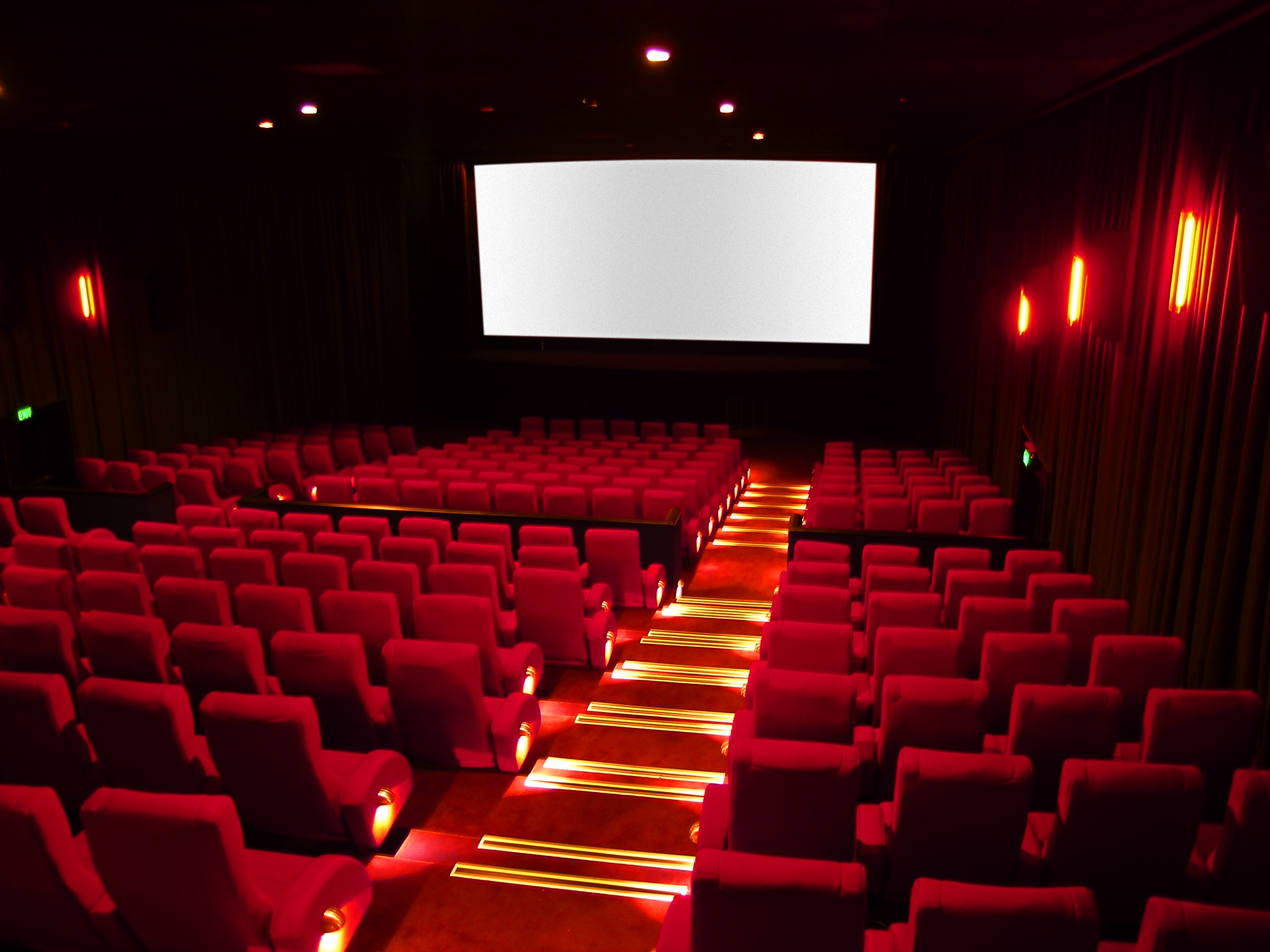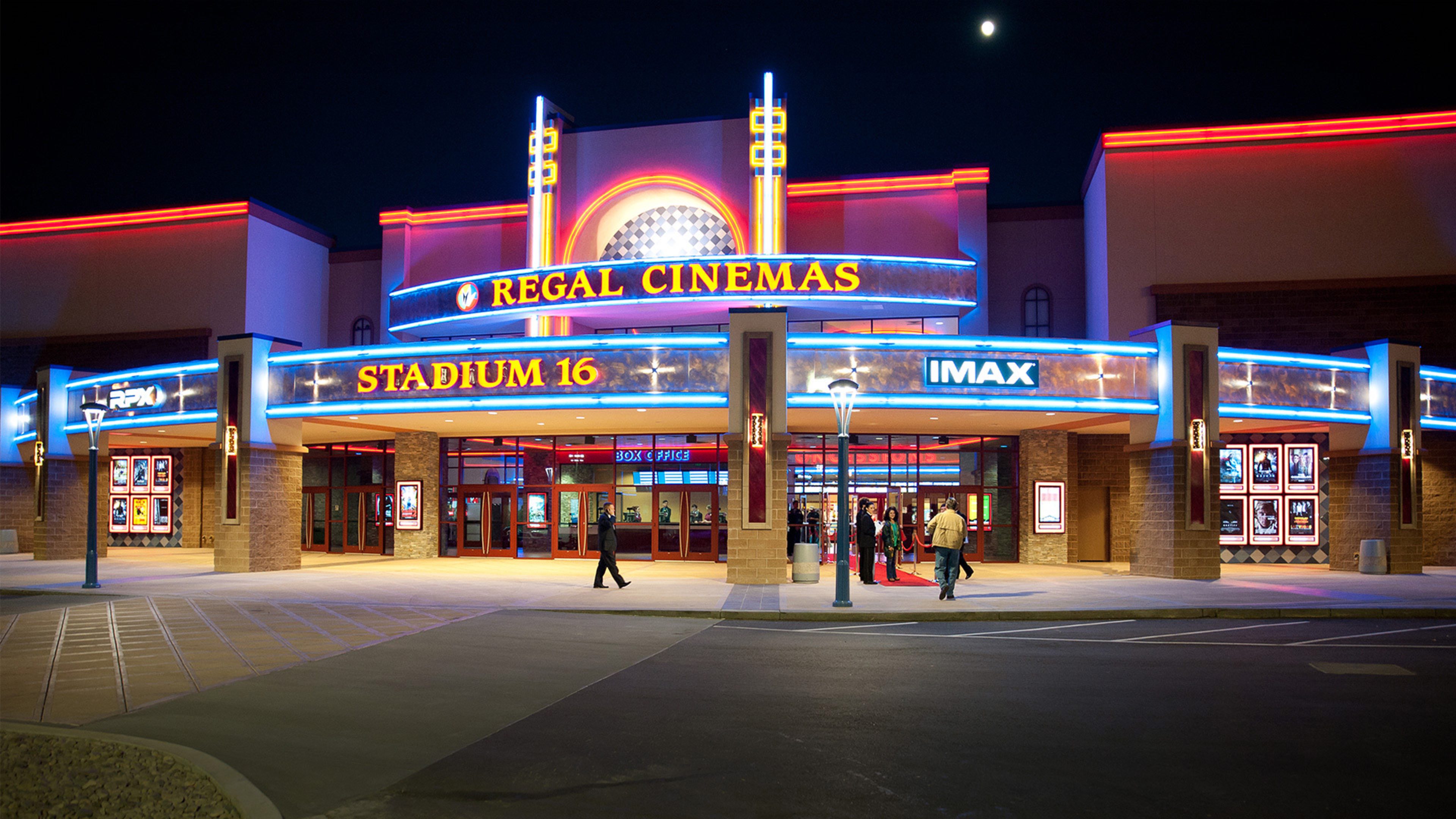The Fascinating World Of Cinemas: A Deep Dive Into The Art Of Film
In the realm of entertainment, cinemas hold a prestigious place, captivating audiences with the magic of storytelling through film. As an integral part of our culture, cinemas not only provide a venue for watching movies but also serve as a hub for social interaction and creative expression. Exploring the evolution of cinemas, their impact on society, and the future of film presentation reveals how this industry continues to shape our experiences and perceptions.
This article delves into various aspects of cinemas, including their history, types, technological advancements, and the cultural significance they hold. By examining these elements, we can better appreciate the artistry and dedication that goes into creating a cinematic experience. Whether you are a film buff or a casual viewer, there is much to learn and discover within the world of cinemas.
Join us as we embark on an insightful journey through the various dimensions of cinemas, uncovering the intricate details that make this art form so captivating. From the golden age of Hollywood to the rise of independent films, we will explore how cinemas have evolved over the decades and what the future holds for this beloved industry.
- In Kannada 2024 A Comprehensive Guide To The Language And Its Cultural Significance
- Unveiling The Life And Career Of Adam Lambert A Musical Icon
Table of Contents
- 1. The History of Cinemas
- 2. Different Types of Cinemas
- 3. Technology in Cinemas
- 4. Cultural Significance of Cinemas
- 5. Impact of Cinemas on Society
- 6. The Future of Cinemas
- 7. Famous Cinemas Around the World
- 8. Conclusion
1. The History of Cinemas
The journey of cinemas began in the late 19th century when the first moving pictures were created. The Lumière brothers are often credited with the invention of the cinématographe, which projected films to audiences in 1895. This marked the birth of public screenings and paved the way for the cinematic experience we know today.
In the early 20th century, silent films dominated the industry, with stars like Charlie Chaplin and Buster Keaton captivating audiences. The introduction of sound in films in the late 1920s revolutionized the industry, leading to the golden age of Hollywood. Cinemas became a staple of American culture, and iconic film studios were established.
As the decades progressed, cinemas continued to evolve, introducing color films, widescreen formats, and special effects. The rise of multiplexes in the 1980s changed the way people experienced films, making it possible to watch multiple movies in one location. Today, cinemas face new challenges with the advent of streaming services, but their cultural significance remains strong.
- Exploring The Lives And Careers Of Nicola Philippaerts And Jessica Springsteen
- Piddy 90s A Nostalgic Journey Through The Iconic Era
2. Different Types of Cinemas
Cinemas come in various forms, each offering a unique experience for viewers. Here are some popular types of cinemas:
- Multiplex Cinemas: These are large theaters with multiple screens, allowing audiences to choose from a variety of films at the same time.
- Independent Cinemas: Often showcasing arthouse films and documentaries, independent cinemas focus on diverse storytelling and lesser-known filmmakers.
- IMAX Cinemas: Known for their immersive viewing experience, IMAX cinemas utilize advanced technology to create stunning visuals and sound.
- Drive-in Cinemas: A nostalgic experience, drive-in cinemas allow viewers to watch films from the comfort of their cars, often featuring outdoor screenings.
- Luxury Cinemas: Offering premium amenities such as reclining seats, gourmet food, and personalized service, luxury cinemas cater to a more upscale audience.
3. Technology in Cinemas
Advancements in technology have dramatically transformed the cinema experience. Here are some key technological innovations:
- Digital Projection: The shift from traditional film reels to digital projection has improved the quality and reliability of film screenings.
- 3D Technology: The introduction of 3D films has allowed audiences to experience a new level of immersion, adding depth to the visual experience.
- Virtual Reality: Emerging as a new frontier in storytelling, virtual reality experiences are beginning to find their place in cinemas, offering unique narratives.
- Sound Design: Advances in sound technology, such as Dolby Atmos, enhance the auditory experience, making viewers feel as if they are part of the action.
4. Cultural Significance of Cinemas
Cinemas play a vital role in shaping cultural narratives and influencing societal values. They serve as a platform for storytelling, allowing filmmakers to explore complex themes and issues. Here are some cultural aspects of cinemas:
- Reflection of Society: Films often reflect societal norms, challenges, and aspirations, providing insight into different cultures and experiences.
- Community Building: Cinemas foster a sense of community by bringing people together to share a collective experience, whether it's laughter, tears, or suspense.
- Artistic Expression: Cinemas provide a canvas for filmmakers to express their creativity and vision, contributing to the rich tapestry of art and culture.
5. Impact of Cinemas on Society
The impact of cinemas extends beyond entertainment; they influence social behaviors and public opinion. Here are a few ways cinemas affect society:
- Awareness and Education: Films can raise awareness about important issues, encouraging discussions and promoting social change.
- Influence on Trends: Cinemas often set trends in fashion, language, and lifestyle, impacting how people perceive and engage with the world.
- Economic Contributions: Cinemas contribute significantly to the economy, creating jobs and driving tourism in areas known for their film culture.
6. The Future of Cinemas
As the landscape of entertainment continues to evolve, the future of cinemas is likely to be shaped by several factors:
- Integration with Streaming Services: Cinemas may adapt by collaborating with streaming platforms to offer exclusive screenings or hybrid experiences.
- Enhanced Experiences: Future cinemas may focus on providing unique experiences, such as interactive screenings or themed events, to attract audiences.
- Focus on Sustainability: As environmental concerns grow, cinemas may adopt sustainable practices, such as eco-friendly construction and renewable energy sources.
7. Famous Cinemas Around the World
Several cinemas around the globe have gained notoriety for their history, architecture, or cultural significance. Here are a few notable examples:
- The TCL Chinese Theatre (Hollywood, USA): Known for its iconic handprints and footprints of stars, this historic cinema has been a Hollywood landmark since 1927.
- The Odeon (London, UK): A famous cinema chain with multiple locations, the Odeon has a rich history and is known for premiering major films.
- The Grand Rex (Paris, France): This stunning Art Deco cinema is one of the largest in Europe and hosts film festivals and premieres.
- The Castro Theatre (San Francisco, USA): A historic cinema known for its beautiful interior and a strong focus on classic films and special events.
8. Conclusion
In conclusion, cinemas are a vital part of our cultural fabric, offering not just entertainment but also a space for connection and reflection. They have evolved significantly over the years, adapting to technological advancements and changing societal norms. The future of cinemas looks promising, with opportunities for innovation and enhanced experiences that will continue to draw audiences in.
We invite you to share your thoughts on cinemas! What is your favorite cinema experience? Leave a comment below, and don’t forget to explore our other articles on film and entertainment.
Thank you for joining us in this exploration of the fascinating world of cinemas. We hope to see you back for more engaging content in the future!
- Piddy Get Him To The Greek A Deep Dive Into The Comedy Classic
- David Labravas Wife A Deep Dive Into Their Relationship

It's Decided 700 Cinemas Nationwide Will Play 'Negaraku' & More

Why Dynamic Pricing in Movie Theaters is a Great Idea

Best Luxury Cinemas To Consider In Los Angeles • Xcellent Trip